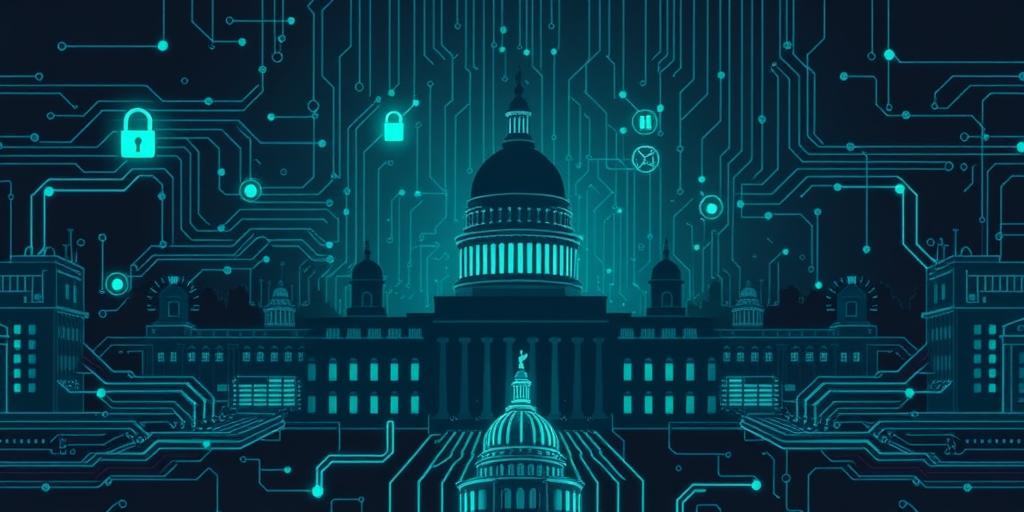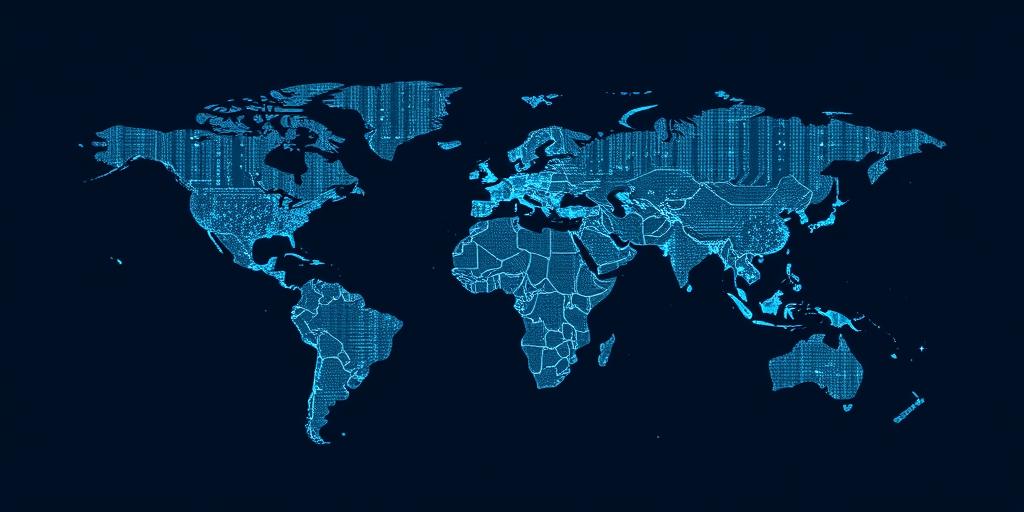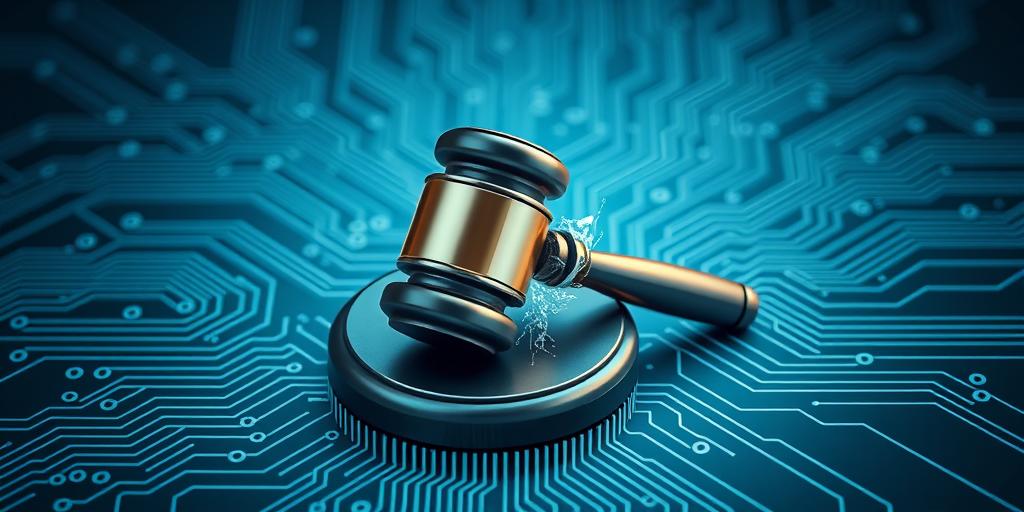
Cybersecurity Threats to Political Institutions
Cybersecurity Threats to Political Institutions: A Growing Concern
In an increasingly digital world, political institutions face unprecedented cybersecurity threats. These threats range from data breaches and ransomware attacks to disinformation campaigns and election interference. Understanding these risks is crucial for maintaining the integrity of democratic processes and national security.
Types of Cybersecurity Threats
Data Breaches: Political organizations handle vast amounts of sensitive data, including voter information, financial records, and strategic communications. Data breaches can expose this information, leading to identity theft, blackmail, and strategic disadvantages.
Ransomware Attacks: Ransomware can cripple political institutions by encrypting critical data and demanding payment for its release. These attacks can disrupt essential services and undermine public trust.
Disinformation Campaigns: Foreign and domestic actors can use social media and other online platforms to spread false or misleading information, aiming to manipulate public opinion, sow discord, and undermine confidence in democratic institutions.
Election Interference: Cyberattacks targeting voter registration databases, electronic voting machines, or election results can undermine the integrity of elections and erode public trust in the democratic process.
Espionage: Nation-state actors often target political institutions to gather intelligence, steal sensitive information, and gain a strategic advantage. This can involve hacking into email systems, planting malware, or conducting phishing campaigns.
Impact on Political Institutions
- Erosion of Public Trust: Cyberattacks can undermine public confidence in political institutions and democratic processes.
- Financial Losses: Ransomware attacks, data breaches, and recovery efforts can result in significant financial losses.
- Disruption of Services: Cyberattacks can disrupt essential government services, affecting citizens' daily lives.
- Compromised National Security: Espionage and data theft can compromise national security by exposing sensitive information and strategic plans.
- Manipulation of Public Opinion: Disinformation campaigns can manipulate public opinion, influencing policy decisions and electoral outcomes.
Strategies for Mitigation
Strengthen Cybersecurity Infrastructure: Political institutions must invest in robust cybersecurity infrastructure, including firewalls, intrusion detection systems, and data encryption technologies.
Implement Security Protocols: Organizations should implement strict security protocols, such as multi-factor authentication, regular security audits, and employee training programs.
Enhance Threat Intelligence: Sharing threat intelligence with other political organizations and government agencies can help identify and mitigate emerging threats.
Promote Cybersecurity Awareness: Educating employees and the public about cybersecurity risks can help prevent phishing attacks, social engineering, and other forms of cybercrime.
Develop Incident Response Plans: Political institutions should develop comprehensive incident response plans to quickly and effectively respond to cyberattacks, minimizing damage and downtime.
Long-Tail Keyword Variations:
- Cybersecurity risks in political campaigns
- Protecting political institutions from cyber threats
- Cybersecurity for government agencies
- Cybersecurity measures for political organizations
- Cybersecurity threats to democratic institutions







